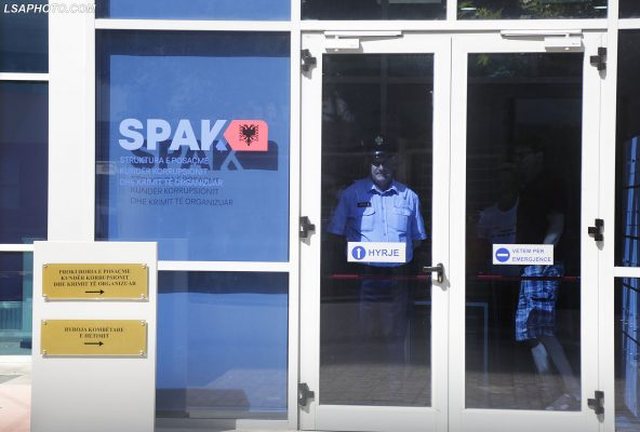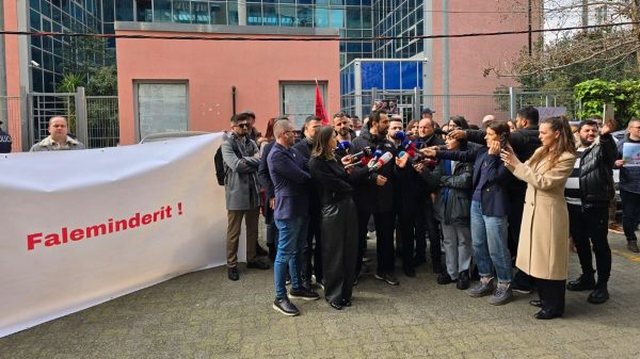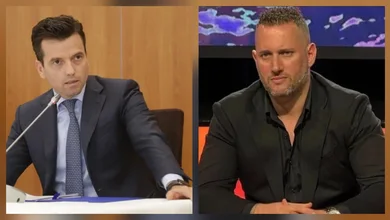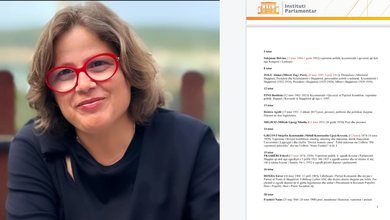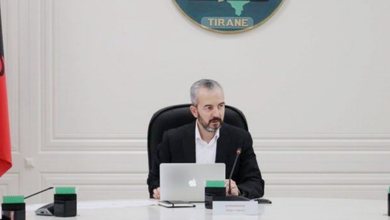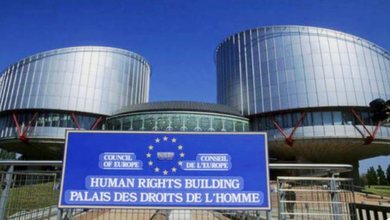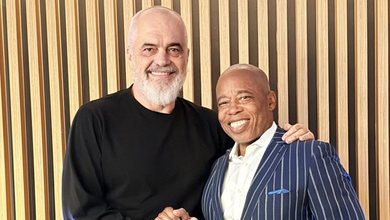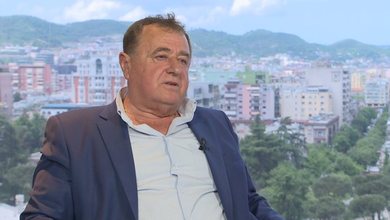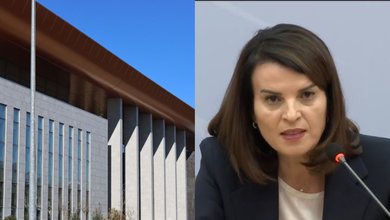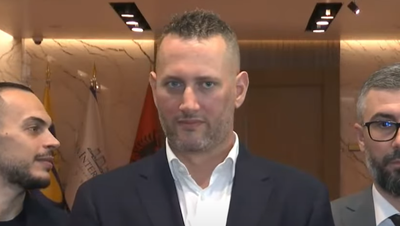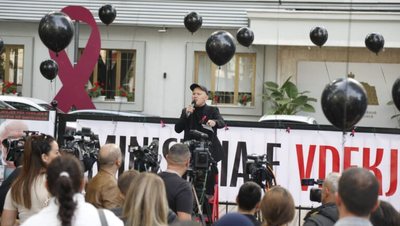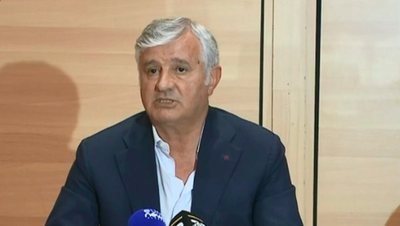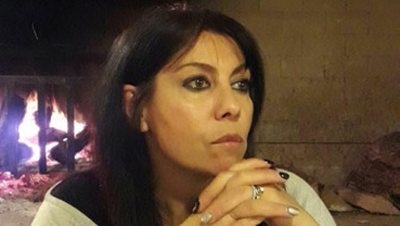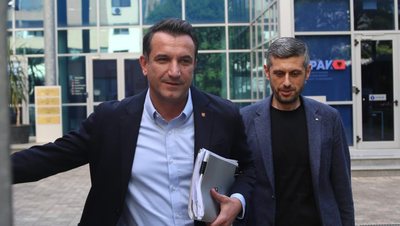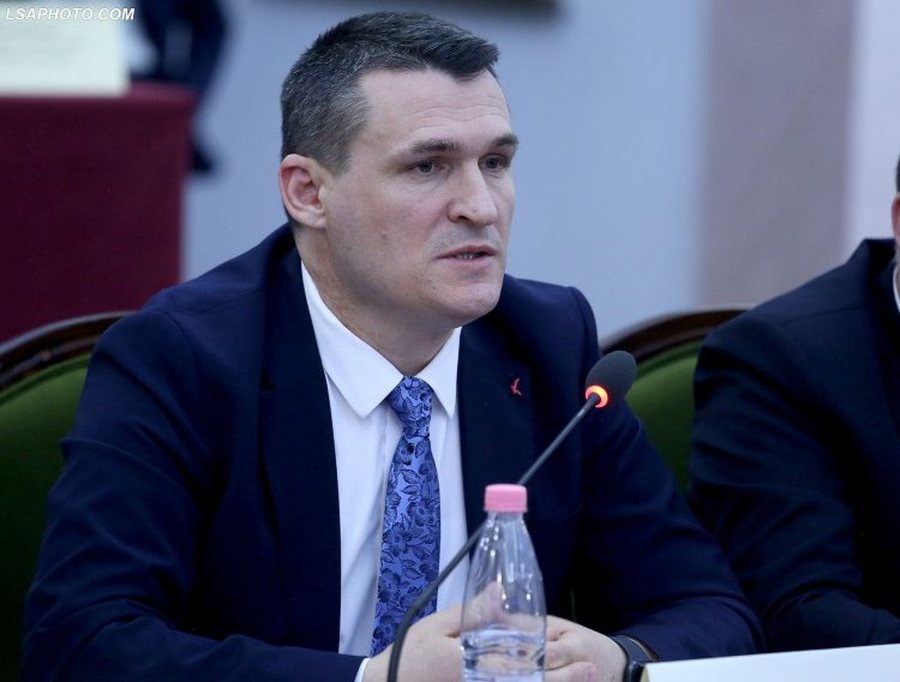
As head of the Special Structure Against Corruption and Organized Crime, SPAK, in Albania, Altin Dumani proved that no one is “untouchable” anymore. Experts say he set a high standard for his successor.
When Altin Dumani took office as chief anti-corruption prosecutor in late 2022, many wondered whether he would have the courage to confront the deep-rooted corruption and organized crime that have plagued the country for decades.
Now that Dumani is leaving, Albanians wonder whether his successor will reach the standards he set.
In his three years at the helm of Albania’s Special Structure Against Corruption and Organized Crime, or SPAK, Dumani, 50, has helped restore public trust in the judicial system by holding some of the highest-ranking public officials accountable – from the leader of the opposition Democratic Party, former Albanian president and prime minister Sali Berisha, to Tirana mayor and close ally of Prime Minister Edi Rama, Erion Veliaj.
Duman's persistence has made him enemies in both main political camps. But he has been careful not to get involved in public controversy, giving only one television interview during his entire term.
With his term ending in December, expectations are rising about who will take over.
Political analyst Lutfi Dervishi said that Dumani will leave behind an extraordinary legacy.
“For years, there was an unwritten law in Albania: justice was a sword that cut across everyone except the highest levels of power,” he said. That changed, he said, “when Altin Dumani came to the helm of SPAK.”
“Two former presidents, a former prime minister, a former deputy prime minister and even the current mayor of Tirana were included in investigative files that, until yesterday, would have been considered taboo,” Dervishi told BIRN.
Afrim Krasniqi, director of the Albanian Institute for Political Studies, said that Dumani has set a standard.
“I think that whoever comes after Mr. Dumani will have the standard and will have the pressure to meet his standard, or exceed it, which means that he has already created a standard upon which investigations should be based and progressed.”
"We deal with the evidence"
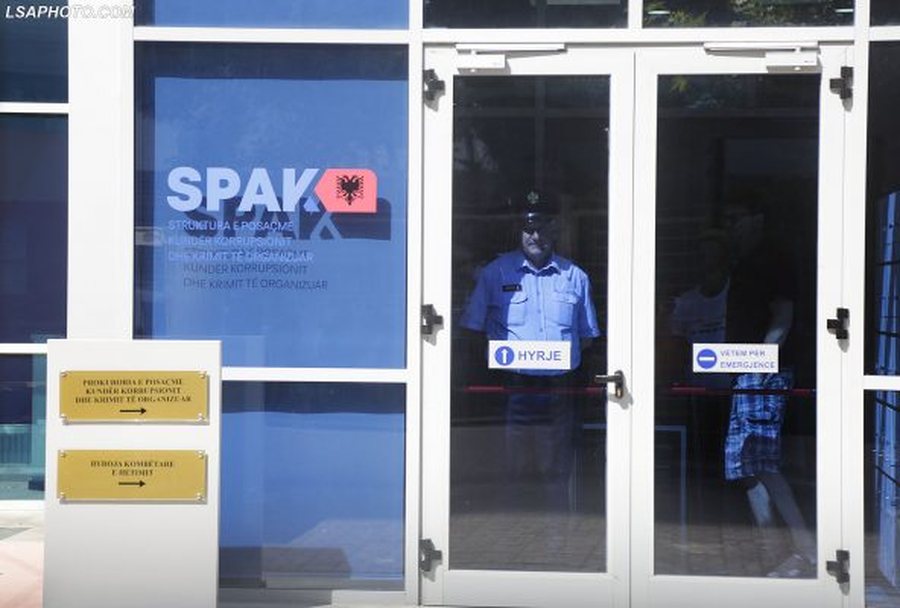
SPAK was created in 2019 as part of a broad, Western-backed reform to clean up the corrupt justice system in NATO-member Albania, a reform that also led to the removal of hundreds of judges and prosecutors through a so-called "vetting" process.
Last year alone, SPAK announced that it had put 33 former senior public officials under investigation, 19 of whom were sent to trial.
They include several powerful political figures: Berisha, a central figure in Albanian politics since the fall of communism in the early 1990s, is currently on trial for corruption; another former president, Ilir Meta, and his wife, former MP Monika Kryemadhi, are also on trial on charges of corruption, money laundering, and concealment of assets; the former mayor of Tirana, Erion Veliaj, is in custody on the same charges; and former deputy prime minister Arben Ahmetaj is on the run due to a corruption and money laundering investigation.
Berisha called Dumani “the author of serious constitutional crimes”; after Veliaj’s arrest in February, Rama said SPAK needed “constructive criticism” and “reform”; while Meta called Dumani a “clown.”
In his only television interview, in December last year, Dumani rejected the criticism:
“Despite the accusations, we have provided evidence that we do not have a political agenda, or a schedule that today we will investigate a person from this political entity, and tomorrow someone from another political entity,” he said. “We deal with the evidence.”
"My reactions are institutional and not emotional," Dumani added.
Dervishi said that Dumani had let his work speak for itself.
“Unlike many public figures who measure their success by clicks, Dumani chose silence,” Dervishi told BIRN. “Only one television interview in three years – a record that in Albania could be interpreted as a lack of desire for exposure. He has refused to become a ‘hero’ in the folkloric sense of the word.”
Migen Qirajhi, an activist with the organization Qëndresa Qytetare, said that Dumani was “unaffected by media noise or political clashes,” setting an example “that our country desperately needs in every sector of public life.”
“Silence as a working philosophy, letting results speak louder than words, is an extraordinary model in a time when image and propaganda have invaded the space we live in – a model that has transformed SPAK into the most trusted institution in Albania, even though it does not even have a 'press office'.”
Disappointment over "election crimes"
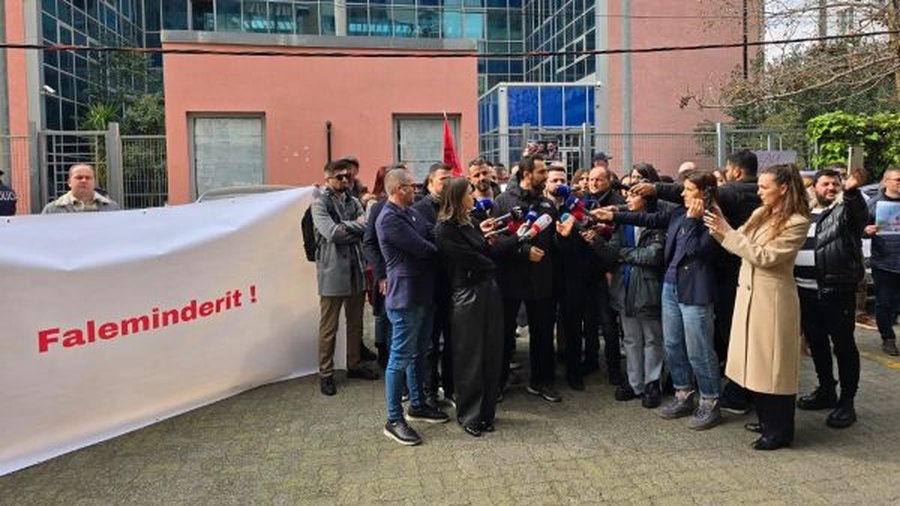
Despite the successes, some say there were also shortcomings during Duman's leadership.
Gentian Serjani, head of the human rights and democracy organization "Social Justice", expressed regret over the lack of results regarding "electoral crimes", referring to allegations of irregularities in the last parliamentary elections in Albania, held in May.
“On the one hand, I appreciate the integrity, seriousness and the spirit he created among citizens regarding the belief that politicians can be brought to justice,” Serjani said of Dumani. “The investigations conducted under his leadership revived the hope that no one is above the law.”
"But, on the other hand, I cannot help but express as a citizen my disappointment in the expectations I had regarding SPAK's role in preventing criminal acts in the 2025 elections," he told BIRN.
"Perhaps my expectations were higher than the real capabilities of this institution, especially considering the lack of credibility of the State Police and the obstacles that come from politics itself."
In January of this year, SPAK published a strategy to prevent electoral fraud, following repeated accusations of vote-buying, political pressure and other dishonest tactics that have accompanied election after election in Albania. But a section of society expressed disappointment at the lack of arrests that followed.
SPAK cannot face this battle alone, said Krasniqi, calling for "all structures that fight corruption" to be reformed.
With Dumani expected to leave office in December, it falls to the High Prosecutorial Council. /BIRN/


